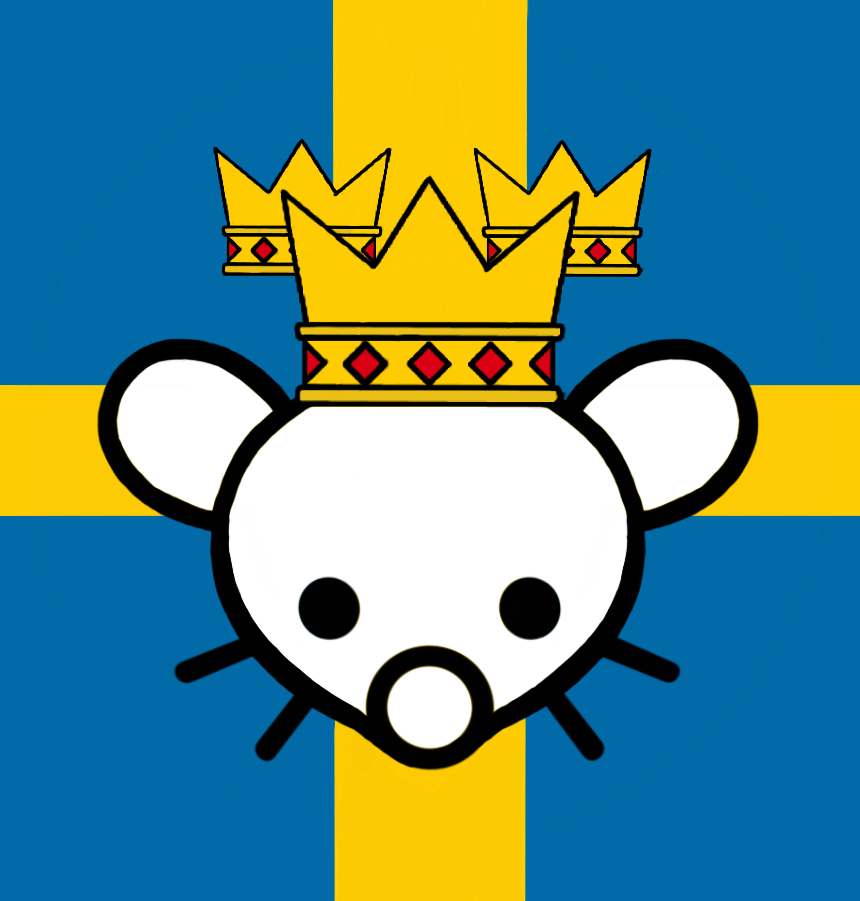(My Swedish is currently limited to things like crudely ordering generic items at a restaurant, apologies. I’m not the best at learning new languages but I’m slowly figuring it out!)
I’m so excited :3 I worked so hard to get into my first choice of university and they accepted me! There’s still a lot of logistics that need done but I think I’m on track. I’m going back to school to be a game level designer and hopefully find work in Sweden after I graduate
This last Christmas/New Years I toured various towns I’d possibly go to for school. There’s so much I was able to see and I loved all of it. From Stockholm to Luleå everywhere felt special <3
I want to explore and learn everything I can. I want to learn Swedish it’s such a beautiful sounding language. I’m going to be living pretty far north and I’m legitimately thrilled about the winters there. I think I’m going to be really happy


Duolingo är ju lite speciellt i sättet man lär sig språk via den, så det finns ofta utrymme för misstag. Fast det är ju förstås också fullt möjligt att det finns fel i Duolingo. Verbet “to live smw.” på svenska är “att bo någonstans.”
Bodde is past tense (preteritum), and bott is supine (supinum).
One way to think of it is preteritum is something in the past that has ended. Supinum is also in the past, but it might still be happening.
Ah, grammatical gender! Times past Swedish - like German - had masculine, feminine, and neutral words, but we merged masculine and feminine together, and so now we have utrum (en words) and neutrum (ett words). There’s no strict rule you can follow to truly know whether a word is en or ett, but in general roughly a third of all nouns are en words. There are however rules for declension based on whether the word is en or ett, and it also affects your personal possessive pronoun.
Misstag is an ett word, so the definite singular for it is “misstaget” (the mistake). Because it’s an ett word (ett misstag, a mistake) you need to use the possessive pronoun “mitt”, thus “mitt misstag.”
Similarly, because it’s an et word, if you were to say “this mistake” you’d say “detta misstag.”
Thus
Conversely, text is an en word, so…
Back when I was learning German, whenever we got der/das/die wrong my teacher would say “Oooh no! Now the German will pee their pants a little!” and the same applies to en/ett in Swedish. I mean, obviously it’s an exaggeration, but it throws the flow off when you get it wrong.
Think “a apple” or “an pencil.” It’s wonky in the same way “en äpple” and “ett penna” is.
If you made it this far; I’m sorry for turning this into a Swedish lesson. I am really passionate about languages (my autism really shines through in linguistic discussions) and I enjoy thinking about these things. When this sort of thing happens I often learn new things myself, and that is always incredibly exciting to me.
I don’t know if this comment will at all be helpful to you, but I hope that my ramblings at least don’t end up making your day worse.
Tack så mycket, det är definitivt en hjälp! Har en bra dag